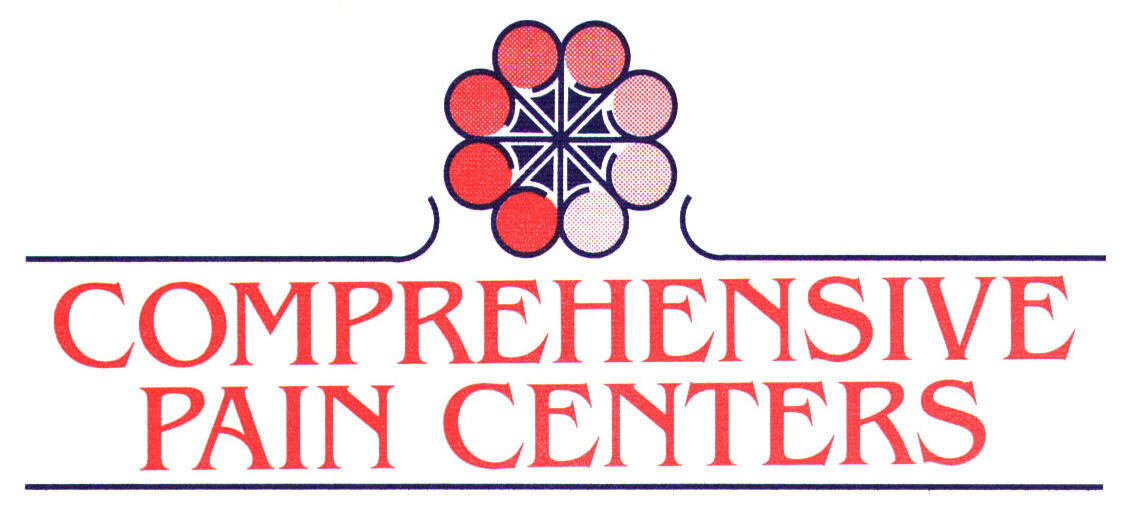Chronic Pain & Mental Health
As we recognize World Mental Health Day, it is a good time to recognize the impact of chronic pain goes well beyond the physical aspects. There is evidence chronic pain is associated with mental disorders and substance abuse. Just as there is diversity among chronic pain patients the physical, mental and emotional toll on each is unique.
Secondary to the chronic pain, psychiatric disorders may exacerbate the pain condition and impede recovery. Identification and treatment of any mental disorder, or possible substance abuse problem, is essential to the successful recovery of individuals with chronic pain. Clinical assessments performed very early in the course of treatment may not reveal the underlying cause of pain — mental or physical. It is important to pursue both physiological and psychological assessments to make certain not to overlook important diagnoses.
Depression is one of the most pervasive and, paradoxically, least well diagnosed and treated conditions confronting chronic pain patients. It is often associated with symptoms of anxiety and insomnia. When a patient identifies symptoms such as these, along with their physical chronic pain issues, it is useful to take a deeper dive. Certain mental health concerns can actually increase chronic pain symptoms.
Chronic pain can keep you from doing the things you want and need to do. It can affect your self-esteem. It can make you feel angry, depressed, anxious, resentful, and frustrated. The link between your emotions and pain can then create a cycle. And the more you hurt, the more likely you are to feel depressed. That, then, can make your pain even worse.
The pain then affects sleep and raises your stress levels. Both a lack of sleep and more stress can increase the pain again, and again.
Talk to your doctor. There are many steps we can take, together, to help stop the physical and mental circle caused by chronic pain.

